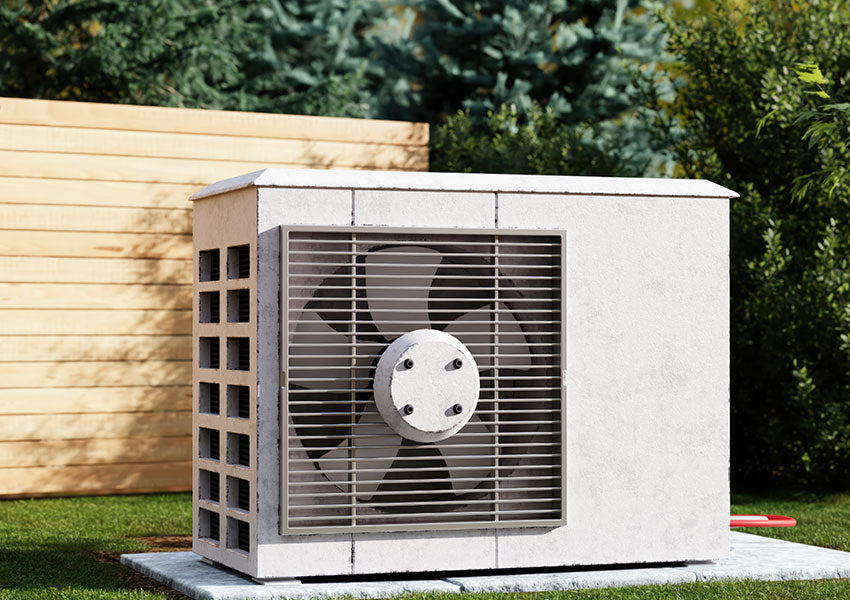Heat Pump Vs. Tankless: Which Water Heater Reigns Supreme?

When it comes to choosing a new water heater for your commercial space, the decision between a heat pump water heater vs tankless can be perplexing. Both options offer unique benefits and come with certain drawbacks. Understanding these can help you make an informed decision that aligns with your business needs and your environmental priorities.
Energy Efficiency and Environmental Impact
One of the most significant considerations for business owners today is energy efficiency, and here, heat pump water heaters have a notable advantage. Known for being three times more energy-efficient than traditional models, these units use electricity to transfer heat from the air or ground into the water. This results in reduced energy consumption and a smaller carbon footprint, making them an excellent choice for eco-conscious individuals.
Conversely, tankless water heaters also offer energy savings by heating water on demand rather than maintaining a reservoir of hot water. While they are more energy-efficient than traditional water heaters, they don't quite match the efficiency levels of heat pump models. However, for properties with less space, the compact size of tankless water heaters presents a clear advantage.
Cost Considerations
The initial investment is a crucial factor in the decision-making process. Heat pump water heaters generally have a lower purchase price than tankless models and may qualify for a 30% tax credit, which can substantially lower the overall cost. Despite their higher initial cost, tankless water heaters may lead to long-term savings due to their longer lifespan and lower operating costs, especially if maintenance and repairs are kept up-to-date.
Installation and Space Requirements
Installation requirements can significantly influence your choice. Heat pump water heaters require a larger dedicated space due to their size and the tank they incorporate. This might be a drawback for smaller areas or those with limited space. On the other hand, tankless water heaters, known for their smaller footprint, can be an ideal solution for compact areas, as they can be mounted on the wall and do not require a large tank.
Lifespan and Maintenance
The longevity of your water heater is another vital aspect to consider. Tankless water heaters boast a longer lifespan, typically lasting between 15 and 20 years with proper maintenance. Heat pump water heaters, while offering a slight lifespan advantage over traditional models, generally last 10 to 15 years, somewhat shorter than their tankless counterparts.
However, it's important to note that the longevity of any water heater can be extended with regular maintenance. Ensuring your unit is well-maintained can help you get the most out of your investment, regardless of the type.
Meeting Operational Needs
Your commercial hot water needs can also dictate the best type of water heater. Tankless water heaters provide hot water on demand, ensuring that you never run out. However, they may struggle to meet high simultaneous demands. Heat pump water heaters, with their storage tanks, can supply hot water to multiple outlets at once but take longer to heat the water compared to tankless models.
Heat Pump vs Tankless Water Heater
Choosing between a heat pump water heater and a tankless model depends on various factors, including your budget, space availability, hot water needs, and environmental priorities. While heat pump water heaters offer unparalleled energy efficiency and lower upfront costs, tankless models provide longevity, space savings, and the convenience of continuous hot water. By considering your specific requirements and the unique benefits of each, you can select the water heating solution that best fits your business and operations.

